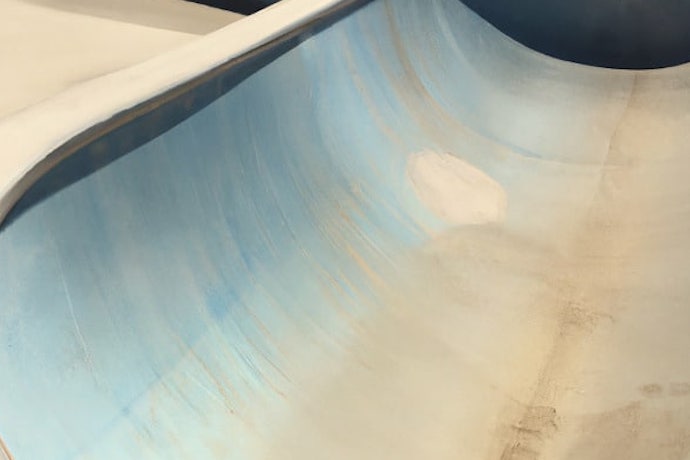
By Peter Page
Jack Sheen’s Solo for Cello marks the first ‘classical’ release of left-field electronic label The Trilogy Tapes, written for venerable Apartment House director Anton Lukoszevieze to perform at its October premiere at Wigmore Hall. A kinetic exploration into the inner limits of cello by way of arpeggiation, repetition and dissonance, Solo for Cello tests the limits of both its eponymous instrument and listener.
In concept, Sheen’s work echoes Tom Wheatley’s Machine Bass, a live spectacle that makes use of double-bass, noisy in-built electronics and the musician slumped over his instrument, swaying to his esoteric improvisations while staring into the beyond. In execution, Solo for Cello feels far from Machine Bass – less wild, less impulsive and, most importantly, not a live performance.
Solo for Cello feels viscerally close, so much so that in-ear monitors and noise cancelling devices quickly become overstimulating. The sharp tone and relentless repetition can become difficult to follow; on first contact, I emerged on the other side of the 30-minute listening session having dissociated entirely, with no recall of the music I had just traversed.
Challenging music calls for a challenge of approach. Lower volumes, open-back headphones or a speaker system positioned far away gave much needed distance where the music is able to occupy space. Sheen personally recommends the latter solution – an inventive method of reintroducing interplay between the listeners’ environment and a studio-recorded album. I quickly found myself able to indulge Sheen’s composition in a way that previously felt impossible.
Lukoszevieze plays delicately, touching strings lightly with his finger or bow. He pulls subtle whispers and creaks from the instrument, every input accompanied with the quiet shimmer of his contact and its consequential reverberation. This album celebrates the cello, embodies it and, before all else, meditates on its capability. Sheen’s humility for the instrument rewards a sensitive listening experience.
The centre shifts: A flash of sustained falsetto tumbles into a basin of momentary reverberation with overtones that require constant maintenance by Lukoszevieze’s bow. Repeated motifs are inconsistent, gradually and organically evolving before being lost under new plates of sporadic movement. Barely audible, electronics hiss under the strings, establishing a base level for sensible listening volumes.
Solo for Cello calls for the principals of deep listening, but rather than inviting you to lean in, it presses itself against you. As the album advances, electronics blow louder and notes are sustained with increased tension. The complex scaffolding of spiralling arpeggiation seems to suspend itself in time at Nine, with long, sustained notes that carve a space of immense stillness that stretches out like a wasteland. This dilated moment of motionlessness whips into a new and all more turbulent meditation for the final three tracks, where Sheen revisits his familiar tools with renewed vigour. Earlier moments in the album begin to feel soft by comparison as the pendulum of sound swings into brooding territory.
The fragility of Sheen’s composition is the source of its intensity. There is a constant awareness of the stakes of keeping the whirlwind at balance. It feels conversational; subtle shifts build a narrative of feeling that, once tapped into, become seductively immersive. Solo for Cello is something sharp, demanding alertness and engaging instinct.
Playful and emotional, Solo for Cello offers a refreshing exercise for complacent listeners. In the right space, Sheen’s performance grips with precision that is never lost in the murk. A rare listen with an aftertaste of baroque. ![]()
To purchase Solo for Cello, The Trilogy Tapes’ first CD release, click here.